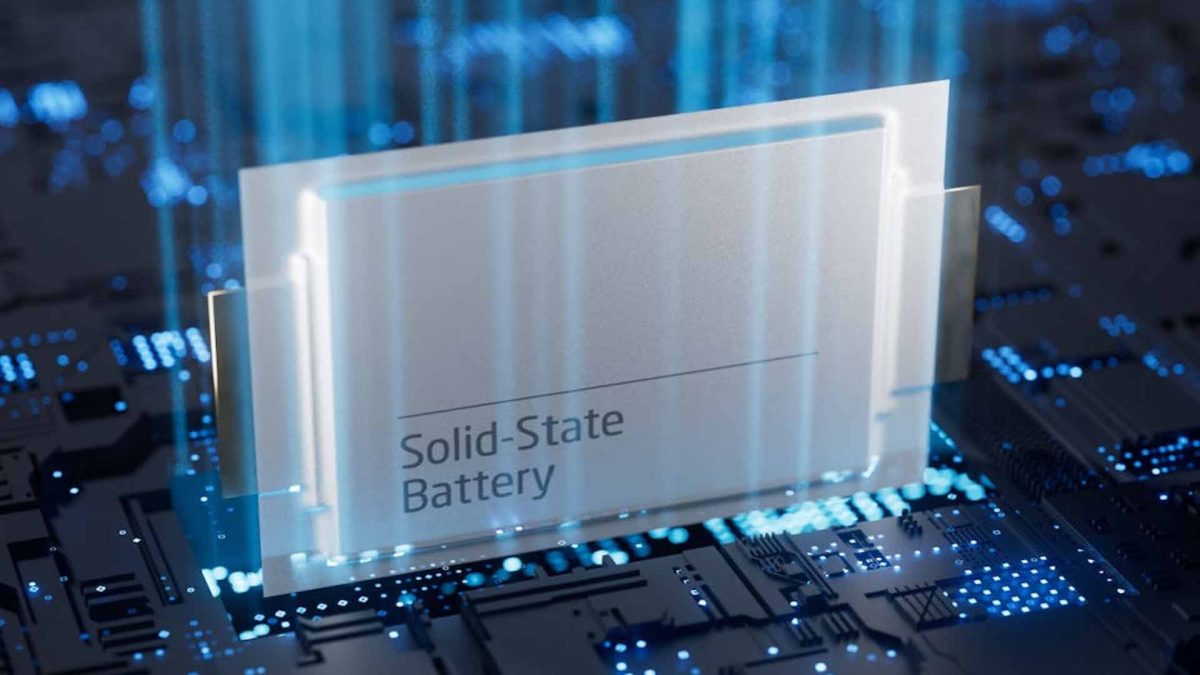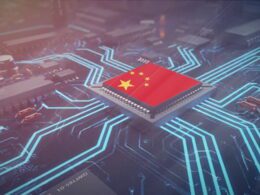Vehicle manufacturers and traction battery suppliers are vigorously working towards developing a new breed of batteries with a solid-state electrolyte. These are set to boost energy storage density, decreasing vehicle weight or its range without recharging. Samsung believes that by 2027, mass production of solid-state batteries that surge volumetric charge storage density by 40% could commence.
As reported by Nikkei Asian Review, Samsung representatives at the InterBattery showcase in South Korea stated that the advanced traction solid-state batteries currently in development could offer a charge storage density of 900 Wh/l. This efficiency represents a 40% improvement compared to present technologies. In addition to boosting charge storage density and reducing weight, solid-state electrolyte batteries also improve safety, particularly with regard to fire hazards, and hasten the recharge process.
During the preceding year, Samsung SDI began pilot production in Suwon, near South Korea’s capital city, and is currently perfecting the technology for mass producing solid-state electrolyte batteries with the aim of better manufactured goods yield. Samsung SDI also constituted a team of solid-state battery specialists and initiated large-scale clients’ preparation, like BMW, towards their future use. This year, samples of Samsung SDI’s solid-state batteries have been distributed to leading auto manufacturers worldwide. Production plans will take into consideration demand assessments.
Hyundai Motor also plans on commencing the production of solid-state batteries from 2027. Further, by 2027-2028, Toyota hopes to start selling regular electric cars with solid-state batteries. Boasting of over a thousand patents in solid-state battery development, Toyota is well equipped in this field. European auto manufacturers are resorting to backing relevant developments via varied start-ups. Chinese auto manufacturers BYD, CATL, and Nio are also pursuing solid-state traction battery accomplishments. Nissan and Honda also hope to produce solid-state batteries independently.
Samsung SDI employs sulfide-type solid-state electrolytes. The battery cells are anode-free, hence proving superior compared to batteries using lithium anode.





